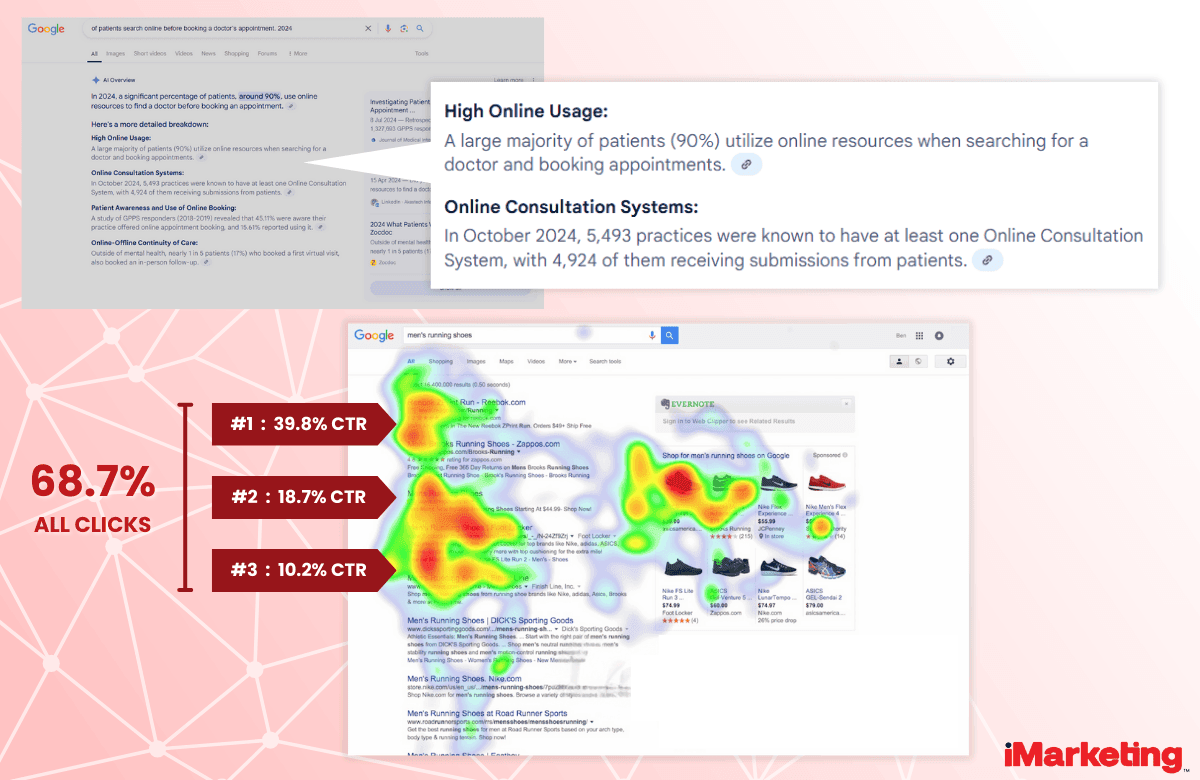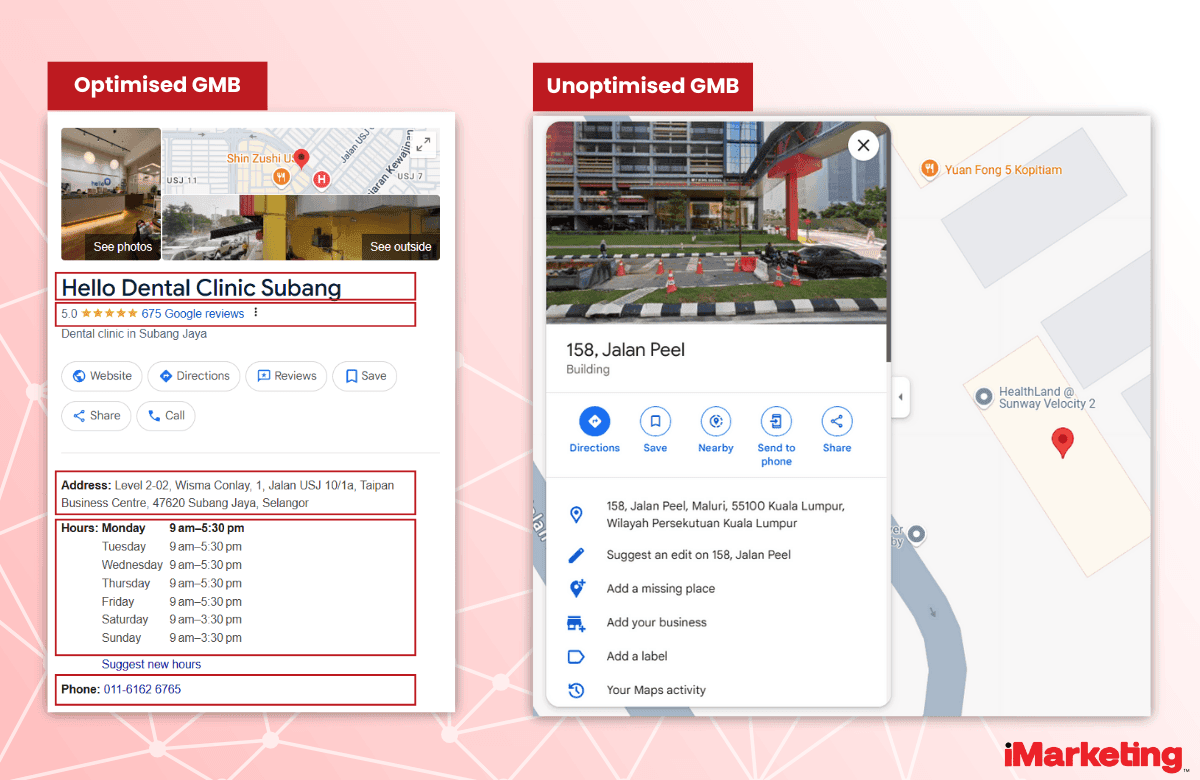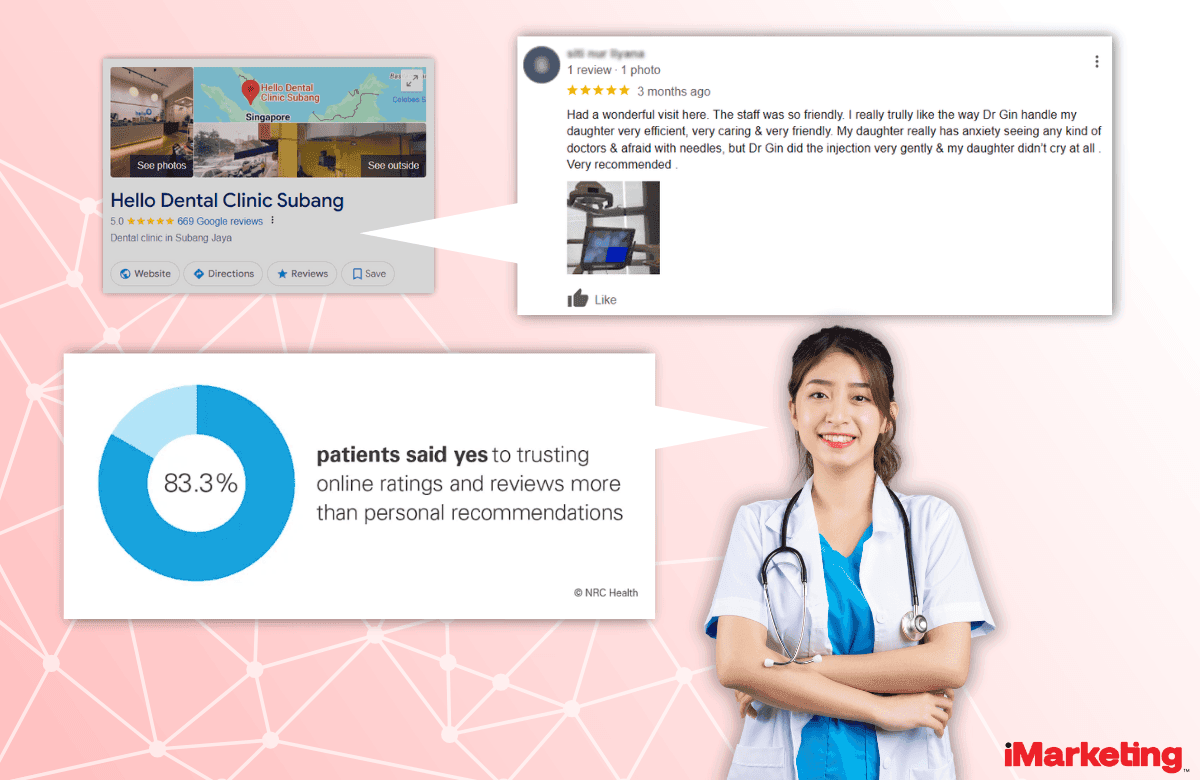To succeed in modern healthcare, doctors must build a strong online presence since many patients search for healthcare information online. Medical practices need Healthcare Search Engine Optimisation (SEO) to reach potential patients through online search results. By optimising your website with the best SEO tactics, your site becomes more visible, attracting more visitors, which leads to acquiring more patients. This article explores 10 effective healthcare SEO strategies to boost your practice’s visibility while accelerating growth within the competitive online medical market.
Why SEO is Vital for Medical Practices

In today’s world, nearly 60% of patients search for healthcare providers online. This makes it essential for medical practices to stand out in search engine results. With so many options available, patients are more likely to choose a practice they can find quickly and easily. SEO is the key to ensuring that your practice is visible to those seeking care, whether through general search queries or specific medical concerns.
Beyond increasing website traffic, SEO plays a crucial role in building credibility. By optimising your website with relevant, high-quality content, you improve your rankings while showcasing your expertise and trustworthiness. Well-executed SEO ensures that your practice appears in front of patients actively looking for your services, leading to higher engagement and conversion rates. The result is a larger online audience and a stronger connection with patients who trust your practice as a reliable source of healthcare.
What is Healthcare SEO?
Healthcare SEO is optimising a medical practice’s online presence to improve its visibility on search engines like Google. It uses a set of strategies designed to help your website rank higher for relevant keywords, such as “best dentist near me” or “top pediatrician in [location].” Healthcare SEO focuses on on-page and off-page elements, including keyword research, content optimisation, local SEO, mobile-friendliness, technical SEO, and backlink building. These components work together to ensure your practice is discoverable and provides valuable content to potential patients.
How Healthcare SEO Benefits Medical Practices
Healthcare SEO drives organic traffic to your website by ensuring your content is relevant and high-quality without relying on paid advertising. By targeting specific keywords and optimising your website for potential patients, SEO attracts those actively searching for your services. For example, if you specialise in family medicine, SEO will ensure that when a local family is looking for a doctor, your practice appears at the top of the search results.
The main benefit of SEO for healthcare practices stems from its long-lasting ability to attract new patients. Unlike paid ads, which stop driving traffic once the budget runs out, SEO provides long-term patient acquisition by keeping your website visible in search results. A properly optimised website attracts new patients for extended periods without ongoing expenses. Healthcare SEO enhances your search engine positions while strengthening your practice’s reputation among patients. Patients perceive top-ranking healthcare providers as more credible, associating higher-ranking positions with greater authority.
Top 10 Effective Healthcare SEO Strategies for Hospitals and Clinics
#1: Optimise Your Google Business Profile(GBP)

Local SEO is crucial in the healthcare industry, as most patients look for nearby healthcare providers when searching for medical services. Google Business Profile (GBP) is a free tool that helps healthcare providers appear in local search results and Google Maps, making it essential for attracting nearby patients. To optimise your GBP profile, keep your Name, Address, and Phone number consistent. Add photos of your practice and any relevant services. Encourage patients to leave reviews, as positive feedback builds trust and improves your GBP ranking, making your practice more visible to those searching locally.
#2: Target Local Keywords for Your Medical Practice

Local search terms drive ranking success for healthcare providers, such as” [city name] dentist” and “nearby pediatrician.” These search terms will improve your local ranking positions, making it easier to attract nearby patients. Start by researching commonly searched terms and prioritising those that include your location. Use Google Keyword Planner to find high-impact local keywords and integrate them naturally into your website content, header tags, and metadata.
#3: Create Informative, Relevant Content for Your Medical Website
Content is a key driver of SEO success in the healthcare sector. Creating valuable educational content helps you reach potential patients by educating them and improving your search engine ranking. Reliable content should address patient needs through FAQs, blog articles on medical conditions, and detailed information about your available procedures and services. The educational content on everyday health issues helps your practice build authority and improve search visibility.
#4: On-Page SEO: Optimising Your Medical Website
On-page SEO involves optimising website elements to improve search rankings and enhance user experience. Focus on essential elements like title tags, meta descriptions, headers, and image alt text. These elements help search engines discover your pages and improve their ranking in relevant search results. Improve content readability and simplify navigation to enhance user experience and achieve higher search rankings.
#5: Improve Mobile Usability for Better Search Rankings

With the growing number of healthcare information seekers using mobile devices, it’s essential to prioritise mobile optimisation. Google and other search engines rank mobile-friendly websites higher in search results, so medical practices must ensure their websites are optimised for smartphones and tablets. Your website must have fast load times, simple navigation, and easy small-screen accessibility.
#6: Leverage Patient Reviews to Boost SEO

Patient reviews play a key role in improving local search rankings. They boost local SEO visibility while building trust with potential patients. When search engines and users see positive reviews, your practice creates a strong reputation for high-quality care. Satisfied patients will likely share feedback on your GMB profile, Yelp, and other review sites. Respond professionally to positive and negative feedback, showing potential patients your commitment to their care.
#7: Build Quality Local Citations
A local citation refers to any online mention of your practice’s Name, Address, and Phone number (NAP) in business directories. Local citations help search engines verify your practice’s information and improve your local search ranking. Ensure your practice is constantly listed across directories, including Yelp, Healthgrades, and Yellow Pages. The accuracy of your business information in multiple directories is crucial to avoiding SEO issues.
#8: Acquire High-Quality Backlinks
Backlinks are an important factor in determining your website’s domain authority, which can improve your search engine ranking. Quality backlinks from reputable healthcare organisations, authoritative blogs, or industry directories are particularly valuable. Focus on building relationships with trusted websites by contributing guest posts or collaborating with industry sites to secure backlinks. This can enhance your credibility, improve visibility, and boost overall SEO performance.
#9: Optimise for Voice Search in Healthcare
Voice search is growing rapidly, especially for queries like “best pediatrician near me,” making voice search optimisation essential for healthcare websites. Identify keyword phrases people naturally speak rather than type since many users prefer talking over typing when searching for healthcare providers. When optimising for voice search, focus on conversational phrases like ‘Who is the best pediatrician nearby?’ instead of rigid keywords like ‘pediatrician + [city name]. Understanding common voice search queries helps businesses improve their voice search and reach more potential patients.
#10: Regularly Monitor and Adjust Your SEO Efforts
SEO requires ongoing maintenance as it is a continuous process that evolves. Maintaining your search engine rankings requires active tracking and periodic adjustments to your SEO strategies. Tools like Google Analytics and Google Search Console, alongside other SEO reporting tools, help monitor website performance and develop data-driven approaches to improve search rankings. Regularly analysing data trends t will keep your SEO effective and help you stay ahead of competitors.
Start Improving Your Medical SEO Today
The competitive healthcare landscape makes SEO a crucial strategy to help medical practices achieve sustainable growth. By implementing effective SEO strategies, your practice will achieve online prominence, attract more patients, and build community trust. Your practice’s growth will benefit substantially from each enhancement you make to your website, including optimising your Google Business Profile listing, creating educational content, and improving mobile accessibility.
SEO enhances your visibility, positioning your healthcare services above competitors and establishing your practice as a trusted healthcare source for patients. It provides long-term benefits by improving patient experience and strengthening your online recognition. To ensure your SEO strategy aligns with your goals, consult iMarketing, a Top SEO agency, to guide you and tailor your approach. Start boosting your medical SEO right now to establish success in digital marketing.






